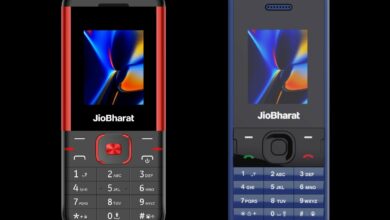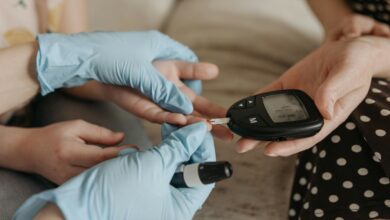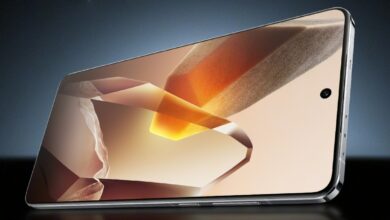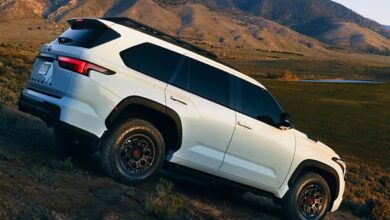Honda to double EV range by 2029 with solid-state batteries
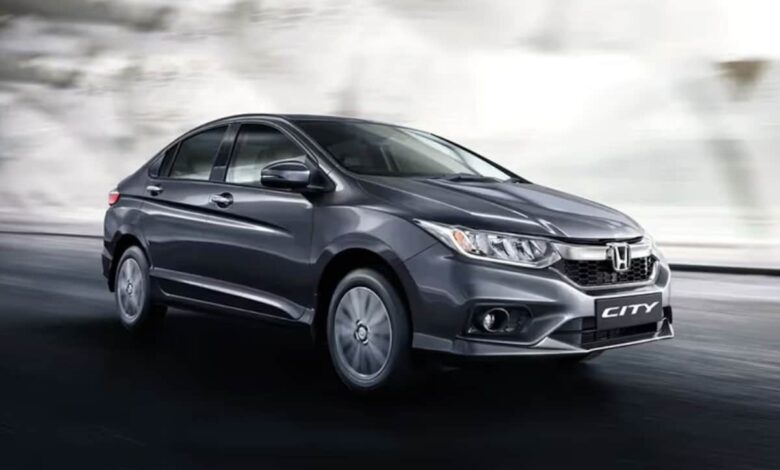
Honda Motor aims to double the range of electric vehicles (EVs) by the end of 2020 using all-solid-state battery technology. Keiji Otsu, president of Honda R&D, announced this information at a press conference in Tochigi, Japan. The innovative battery technology promises significant improvements in EV efficiency, safety and cost-effectiveness. A pilot production line for these batteries is being developed in Tochigi and should be put into operation in January 2025. This is backed by an investment of £277 million, almost half of which is funded by government grants.
Pilot facility and objectives
Described as a crucial step towards mass production, the Tochigi factory will focus on refining battery manufacturing processes. Honda aims to reduce battery size by 50 percent, reduce weight by 35 percent and reduce costs by 25 percent over the next five years. These improvements align with Honda’s broader strategy to produce more than two million electric vehicles annually by 2030 and achieve a full transition to electric and fuel cell vehicles by 2040.
Potential of solid-state batteries
Solid-state batteries are expected to replace conventional liquid-state lithium-ion batteries. They promise longer range, faster charging and improved durability. Honda expects a potential 2.5-fold increase in driving range by 2040, marking a shift in EV capabilities. According to Otsu, this technology addresses long-standing challenges in battery performance and reliability, signaling a shift in the automotive industry.
Sector context and collaboration
Honda’s announcement comes amid intense competition in the development of solid-state batteries. Nissan Motor is also working on a similar technology, with plans to launch a pilot line in March 2025. Honda has hinted at possible collaborations in materials purchasing and technology sharing. Toyota Motor is another major player in this space and is targeting commercialization by 2027-2028.

